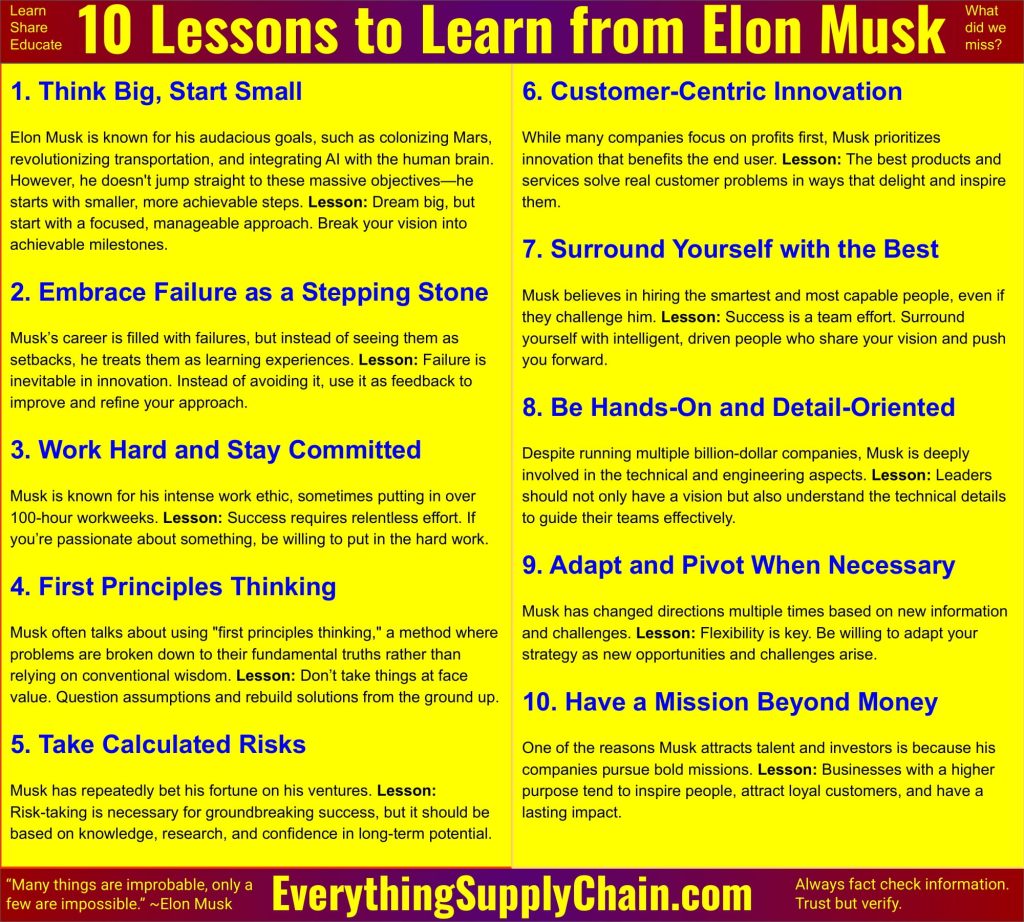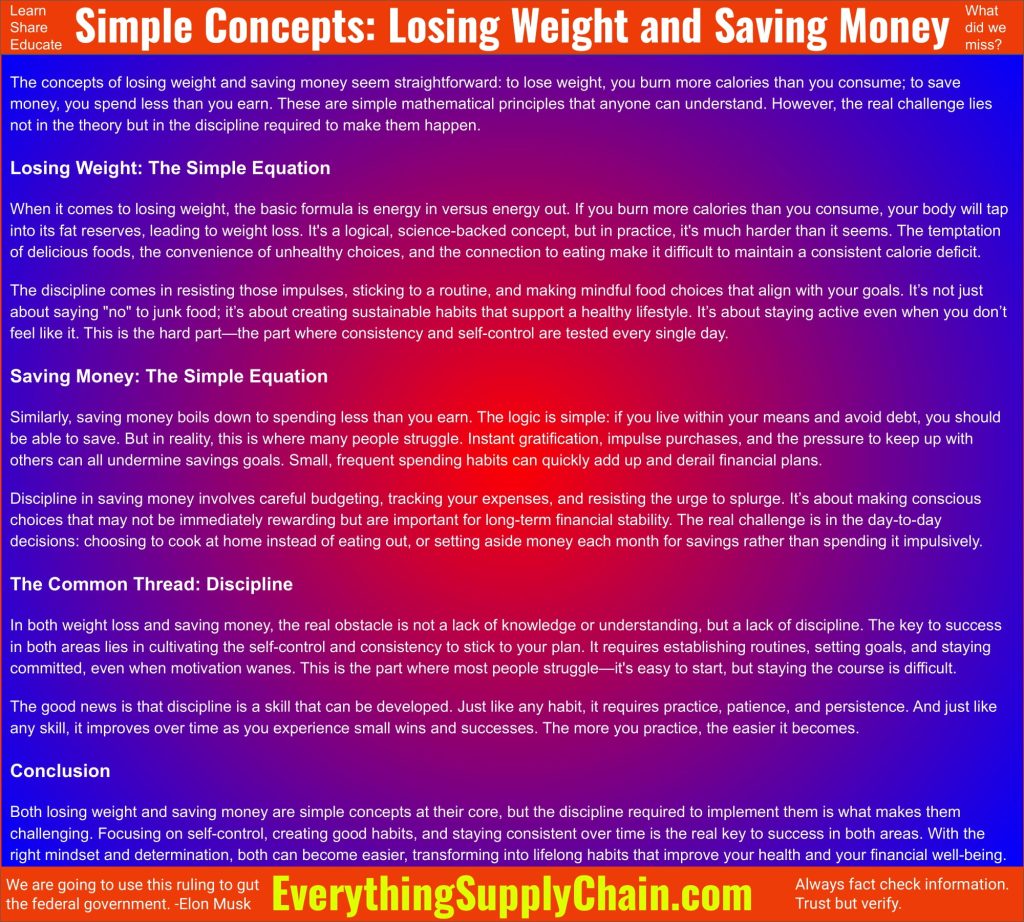Inventory Management Training in 3 minutes – ABC Classification
Inventory Management Training in 3 minutes – ABC Classification
ABC Classification is a method used in inventory management to prioritize and manage different items based on their relative importance. The idea behind ABC classification is that not all items in inventory are of equal importance, and therefore, not all items require the same level of attention and management.
The ABC classification system divides inventory items into three categories:
A items: These are the most important items, usually representing a small percentage of the total inventory but account for a large percentage of the total value. These items are typically high-value, high-volume, and have a high demand. These items are considered critical to the business and require close monitoring and management to ensure that they are always in stock.
B items: These are items that are less important than A items but more important than C items. They typically represent a moderate percentage of the total inventory and account for a moderate percentage of the total value. These items are considered important but not critical, and may require less attention than A items.
C items: These are the least important items, usually representing a large percentage of the total inventory but account for a small percentage of the total value. These items are typically low-volume, low-value, and have low demand. These items are considered non-critical and may require less attention and management than A and B items.
Once items have been classified, the inventory management strategy can be tailored to the different categories. For example, A items may be managed using a just-in-time (JIT) inventory system, while B and C items may be managed using a safety stock system.
ABC classification is a simple and effective way to prioritize inventory management efforts and ensure that the most important items are always in stock. It helps managers to focus on the items that are most critical to the business, and to make better use of resources by allocating them to the items that are most important.
In summary, ABC Classification is a method used in inventory management to prioritize and manage different items based on their relative importance. The system divides inventory items into three categories: A items, B items, and C items, based on the relative importance of the item in terms of total value and volume. By classifying items in this way, inventory management efforts can be focused on the most important items, and resources can be allocated more effectively.
SCM Quotes
- “Bullwhip Effect: Shifts in customer demand are magnified the farther you move up the supply chain. This leads to large fluctuations in inventory.” ~EverythingSupplyChain.com.
- “Without continual growth and progress, such words as improvement, achievement, and success have no meaning.” ~ Benjamin Franklin
- “Innovation is the act that endows resources with a new capacity to create wealth.” ~ Peter Drucker
- “Excellent firms don’t believe in excellence – only in constant improvement and constant change.” ~ Tom Peters
“Make inventory a common enemy for your company.” ~Dave Waters
Inventory Management Resources.
- 10 Things Every Supply Chain Leader Should Know.
- ABC Analysis in Inventory Management.
- Bullwhip Effect: How Sudden Demand Increases Affect Supply Chains.
- Continuous Improvement Tools for Supply Chain.
- Dell Push-Pull Supply Chain Strategy. 9 min VIDEO, 20k views.
- History of the Toyota Production System (TPS). Lean manufacturing.
- Inventory Management Cheat Sheet.
- Just in Time by Toyota: The Smartest Production System in The World.
- Kanban explained in 60 seconds. 11k views.
- Min-Max Inventory Supply Chain Strategies.
- Procurement vs Purchasing – Cheat Sheet.
- SCM Key Concepts
- Top 20 Supply Chain Terms to Know – Cheat Sheet.
- What Is Inventory Management?
Introduction to Theory of Constraints – Supply Chain Concept
The Beer Game – Supply Chain Management
Minimize Supply chain Disruptions and the Bullwhip Effect.










